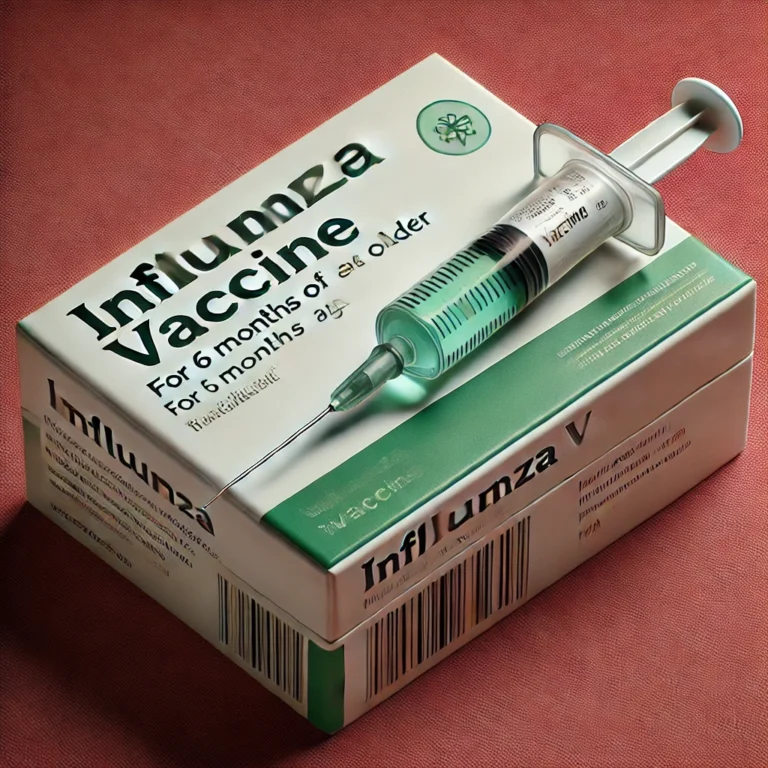Discover the concerning association between obstructive sleep apnea (OSA) and an increased risk for long COVID. Learn about the potential impact of sleep apnea on COVID-19 recovery and find out how effective sleep apnea treatment can help mitigate these risks.
Introduction:
As the world continues to battle the ongoing COVID-19 pandemic, medical researchers are uncovering various factors that can influence the severity and duration of COVID-19 symptoms. One such factor that has gained significant attention is obstructive sleep apnea (OSA). This sleep disorder, characterized by interrupted breathing during sleep, has been found to be associated with a higher risk for long COVID. In this article, we explore the connection between obstructive sleep apnea and long COVID, shedding light on the importance of early diagnosis and effective treatment for both conditions.
Understanding Obstructive Sleep Apnea:
Obstructive sleep apnea is a common sleep disorder in which the airway becomes partially or completely blocked during sleep, leading to breathing interruptions. These pauses in breathing can range from a few seconds to minutes and can occur multiple times throughout the night. OSA can have a significant impact on an individual’s sleep quality, leaving them feeling fatigued and unrested during the day.
Linking Obstructive Sleep Apnea to Long COVID:
Recent studies have indicated a potential correlation between obstructive sleep apnea and an increased risk for long COVID. Long COVID, also known as post-acute sequelae of SARS-CoV-2 infection (PASC), refers to the persistence of COVID-19 symptoms beyond the acute infection period. Some of the common long COVID symptoms include persistent fatigue, shortness of breath, cognitive impairment, and sleep disturbances.
The respiratory disturbances caused by obstructive sleep apnea may exacerbate the respiratory and cardiovascular complications associated with COVID-19. Patients with OSA often experience reduced oxygen levels and increased inflammation, which can impair the body’s ability to recover from infections, including COVID-19. Additionally, the disrupted sleep patterns caused by OSA can weaken the immune system, making individuals more susceptible to viral infections.
Managing Obstructive Sleep Apnea to Reduce Long COVID Risks:
Given the potential link between obstructive sleep apnea and long COVID, it becomes crucial to identify and manage sleep apnea in COVID-19 patients. Early diagnosis and effective treatment of OSA can significantly improve the respiratory function and overall health of individuals, potentially reducing the risk and severity of long COVID symptoms.
Continuous Positive Airway Pressure (CPAP) therapy is the most common and effective treatment for obstructive sleep apnea. It involves wearing a mask over the nose or mouth during sleep, which delivers a constant stream of pressurized air, keeping the airway open and ensuring uninterrupted breathing. By adhering to CPAP therapy, individuals with sleep apnea can improve their oxygen levels, enhance sleep quality, and reduce inflammation, ultimately bolstering their immune system’s ability to fight off infections.
Conclusion:
The association between obstructive sleep apnea and an increased risk for long COVID underscores the importance of recognizing and managing sleep disorders, especially in the context of COVID-19. If you or someone you know has been diagnosed with OSA, it is crucial to prioritize adherence to recommended sleep apnea treatments, such as CPAP therapy, to reduce the risk and severity of long COVID symptoms.
By taking proactive measures to address sleep apnea, individuals can enhance their overall health, promote better sleep quality, and potentially minimize the long-term impact of COVID-19 on their lives












